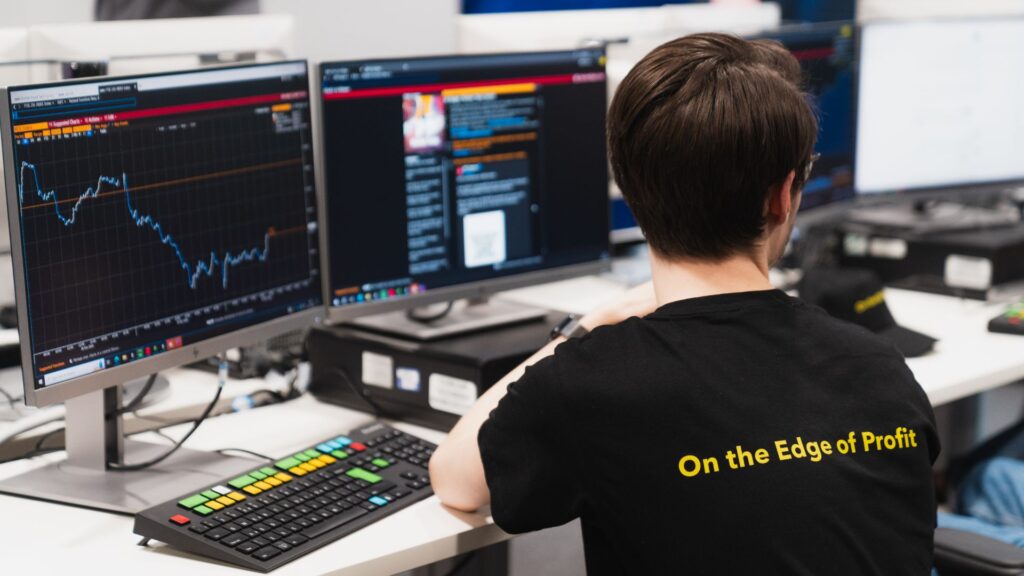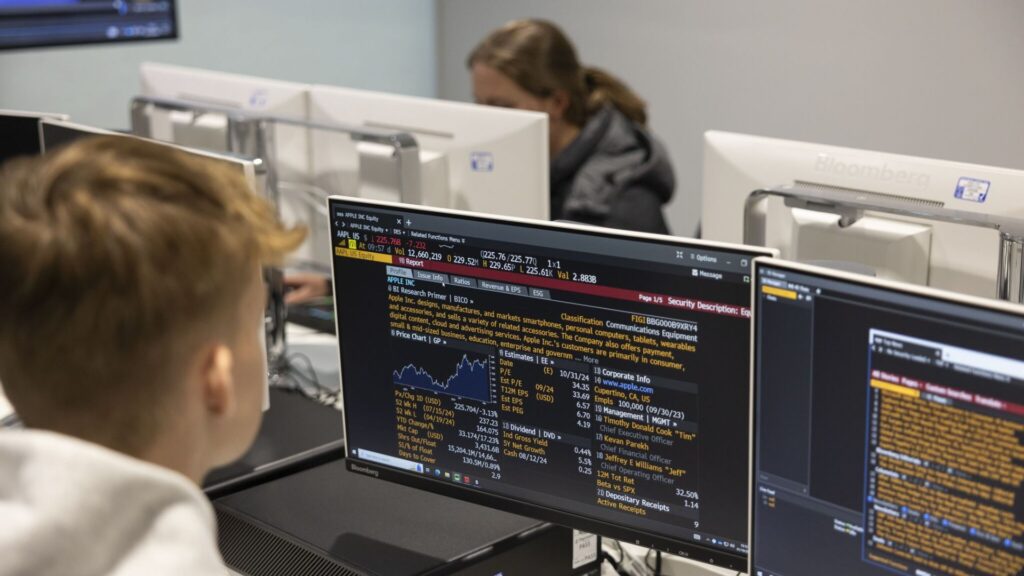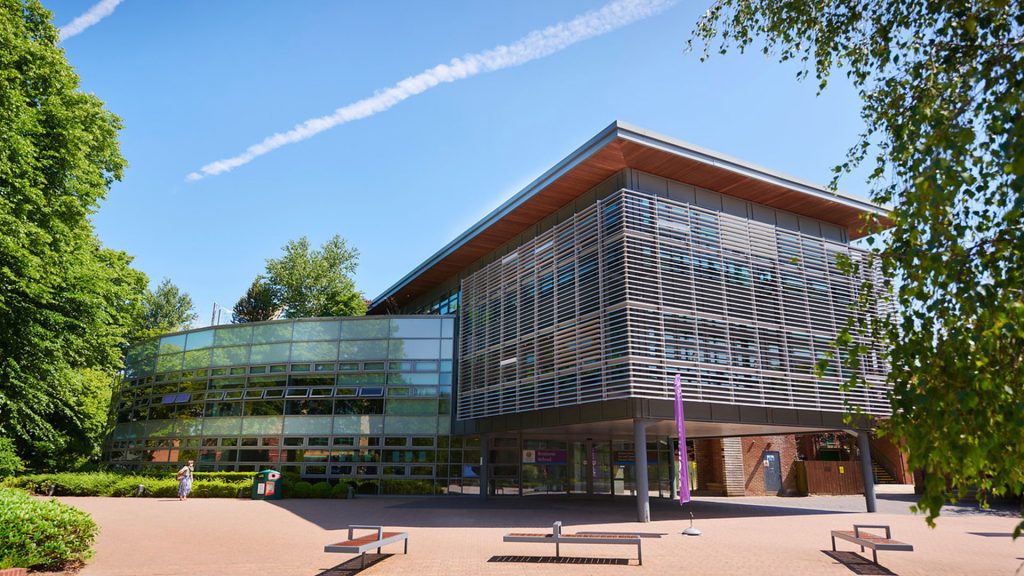
Professor of Accounting, Alisdair Dobie, is interested in all aspects of accounting and financial history. As part of his research and teaching, he explores interactions between accounting and society, particularly the changes in accounting and what this means for society. We sat down with Alisdair to find out more.
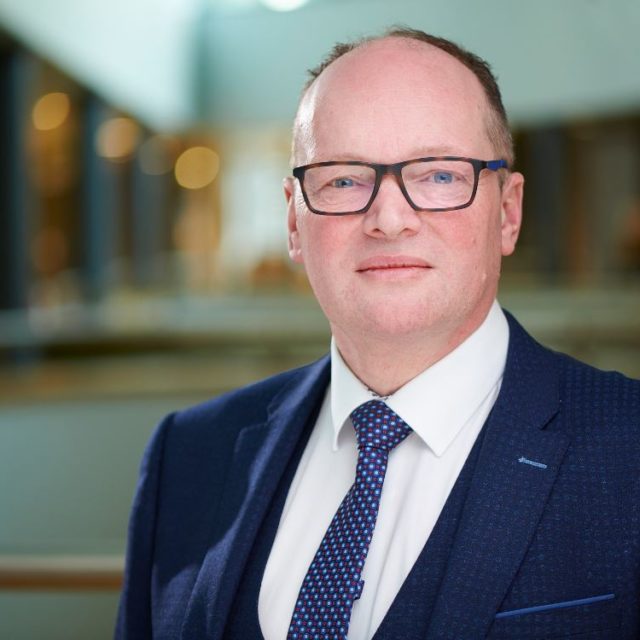
What first interested you in wanting to explore accountancy?
Well, I actually graduated in History and have always had a particular interest in the medieval period. However, during my history studies, which included looking at the economic development of Europe, Africa and Southern America, I became increasingly interested in the world of business. During my employment with an investment trust after graduating, I started to increasingly ask myself, how can I believe in the figures in financial statements? This gave me a burning desire to explore how companies put together their financial figures and how they justify what they present. I later gained employment with an accountancy firm and subsequently trained and qualified as an accountant, before also training to teach. During my time teaching at Newcastle University, I was presented with an opportunity to combine my personal love of history with my professional interest in accountancy, by working and delving into the medieval archives at Durham Cathedral and exploring what accountancy was done during those times. The core foundation of accountancy, accountability, has been around from the beginning – holding people to account for the assets they are using. Looking at the history of accountancy in society shows how much accountancy has changed, and continues to change, in terms of best practice. This fascinated me, and the relationship between accountancy and society, continues to do so in both my research and my teaching.
Why is exploring the links between accountancy and society important?
Accountancy is an ever-evolving human construct. It has been developed by human beings for specific situations. Humans are motivated by all sorts of factors, some they are aware of and others they are not. For instance, some people are motivated by very good intentions of improving society and the environment and others are interested in more personal factors such as maximising their own wealth.
With constant changes in wider society, the answer as to what sort of accounting should be done is something that will always need to change.”
This highlights the importance of considering how we have decided what accounting should be done, and how it affects society. With constant changes in wider society, the answer as to what sort of accounting should be done is something that will always need to change. In recent times, we have seen a huge rise in environmental and sustainable accounting – companies being held to account much more for what they are doing to the environment. Are they using resources safely and carefully? Are they polluting the environment? What steps are they taking to avoid this? In the past, waste and the impacts that businesses and industrial factories had on the environment was not considered an issue, it was not accounted for. This all links back to how accountancy has changed and why it is important not only to explore this, but also to constantly keep up to date with the latest accountancy trends.
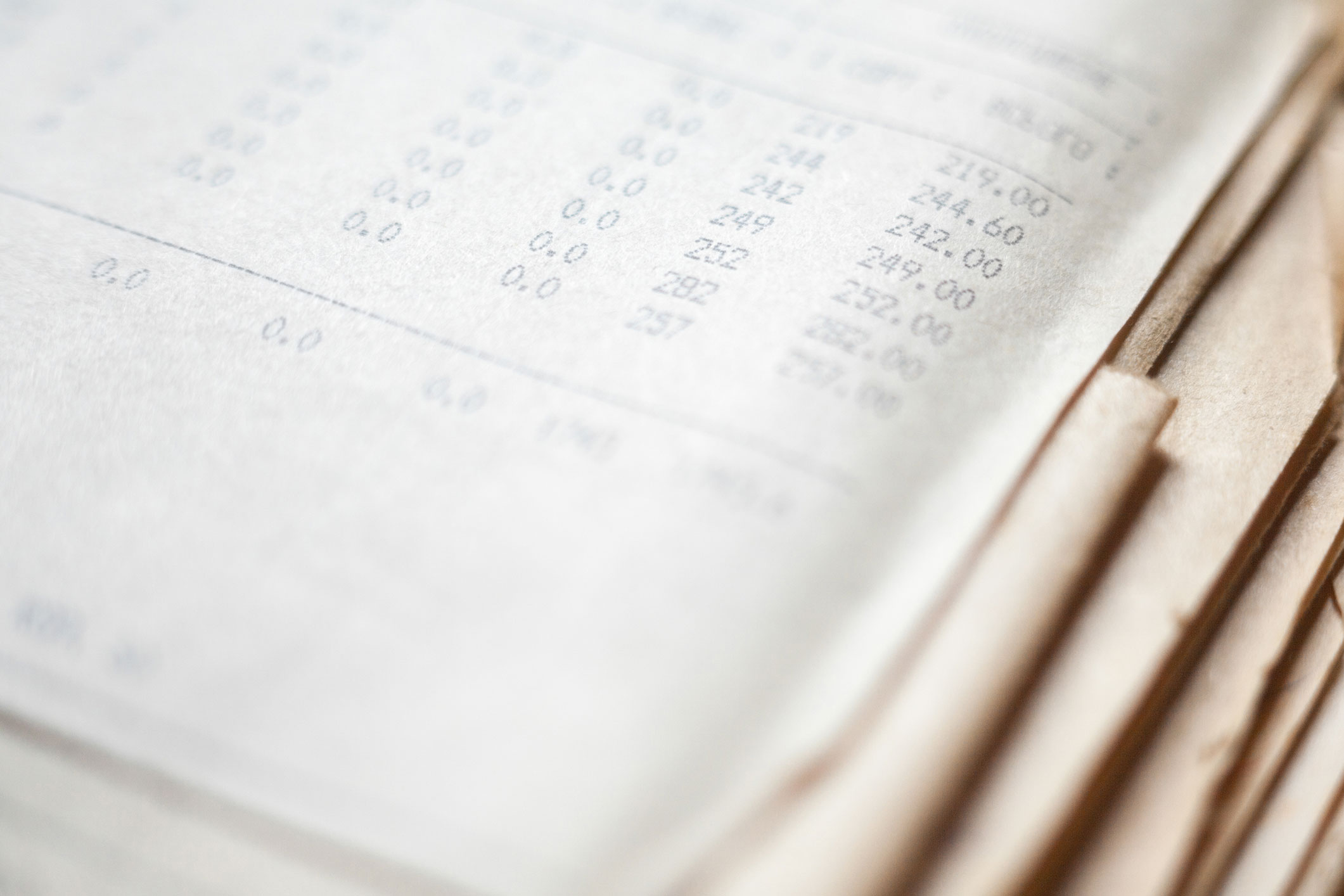
How can students explore this during their degree?
In first year of BSc (Hons) Accountancy, students are introduced to management accounting – accounting that helps to run the business and achieve business goals and objectives. On the Introduction to Management Accounting module, students study a wide range of contemporary management accounting techniques but also look back over two thousand years of accounting history and explore how and why management accounting has changed. Has it changed because of changes in society or because of economic pressures, for example? Students look at key developments and their consequences both in terms of business operating efficiency and for wider society. The module also explores what impact accountancy has on different people. It challenges students to consider questions such as is accountancy used to control and exploit people? Is accountancy a capitalist instrument of oppression? Or is accountancy a very positive and fundamental tool that helps businesses and individuals by providing goods and services as well as high levels of employment?
What are your top tips for those thinking about studying accountancy?
My first top tip would be to watch and listen to financial programmes on the television and radio, and to read the financial sections of the newspapers. Don’t be put off by the jargon and specific terminology. Have a dictionary close by if need be, but the more of it you watch, listen to, and read, the more you will work out the terms and what they refer to.
My second top tip is to think about a company that interests you and see if you can download its financial statements. Again, there is likely to be a lot that may not make sense straight away. However, by reading and looking at this financial information, particularly for a business or activity that interests you, you will develop insights into what is included and how the accounts and information are put together and formatted. These are the sort of documents you will be helping to create if you go on to train as an accountant, so it is a good idea to familiarise yourself with these as much as you can.
May 10, 2022
